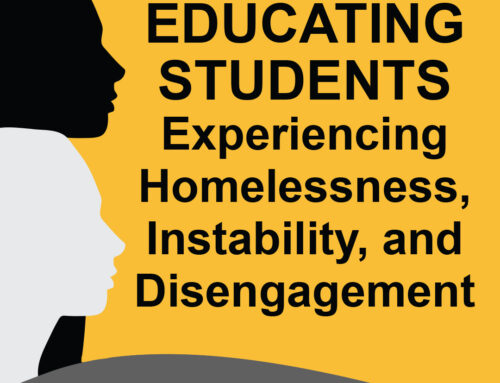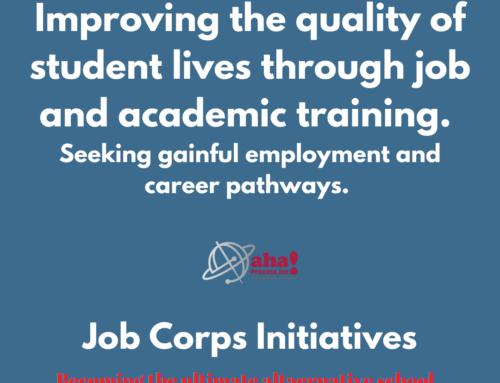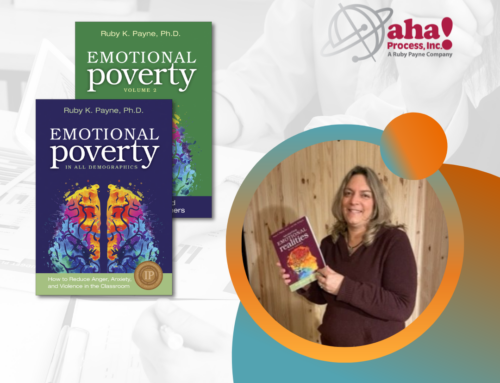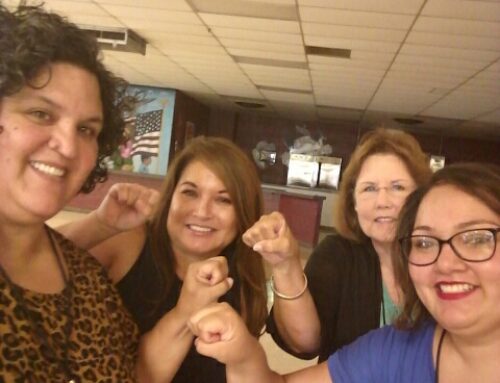When people are struggling to meet basic needs, they are more likely to be concerned with issues of survival.
I explained our definition of poverty in my last blog. People will have difficulty learning if they lack basic resources, especially if they:
- are hungry (possible lack of financial resources)
- lack assistance with projects or homework when needed (lack support systems)
- do not comprehend written or oral communication (lack language resources)
- are discounted for unorganized presentations in print or otherwise (hidden rules)
- feel like outcasts (relationships)
- desire to be one of the “bad” kids (role models)
With any of their basic resources missing, typically students are less likely to embrace their education. Dr. Payne and her associates present such basic strategies as mentoring and the use of mental models—those pictures and stories that help people learn faster—that assist students during these times so that learning can become more fluid.
People lacking various resources often place issues of survival over education; we call it living in the tyranny of the moment. This does not make people in poverty less intelligent. It does, however, offer fewer opportunities to make education a priority. By understanding where the students and their families are coming from, and by helping them overcome obstacles with programs for at risk students, the support and guidance of school staff will enable students to learn with greater success.








